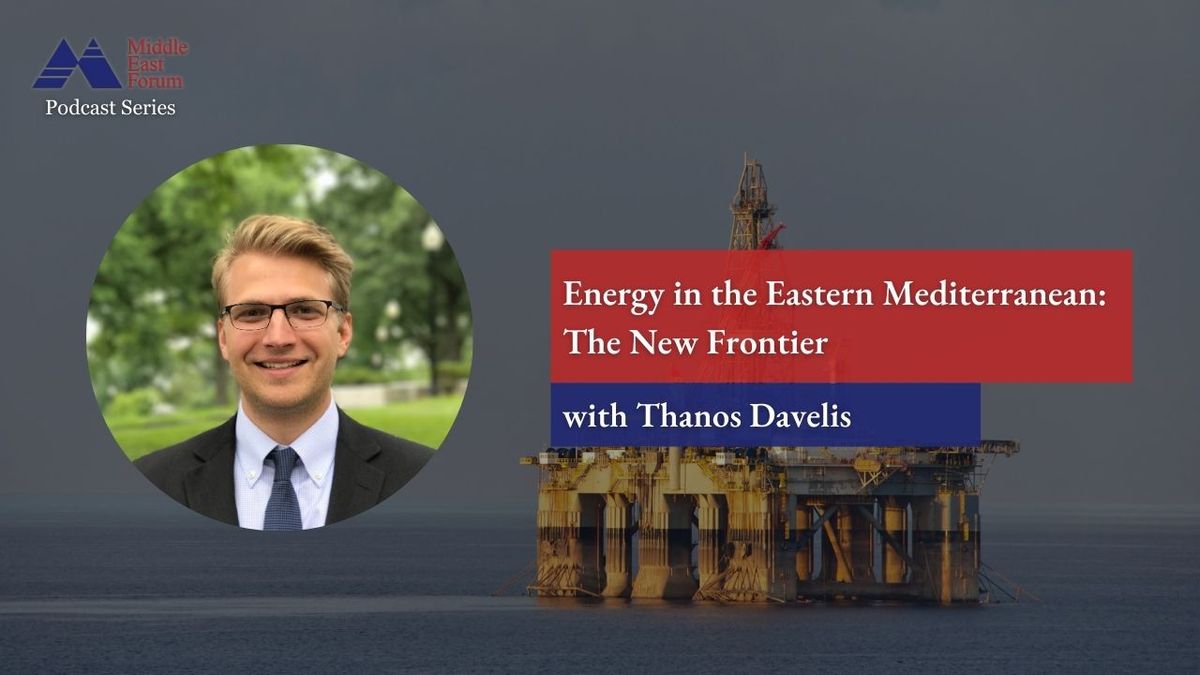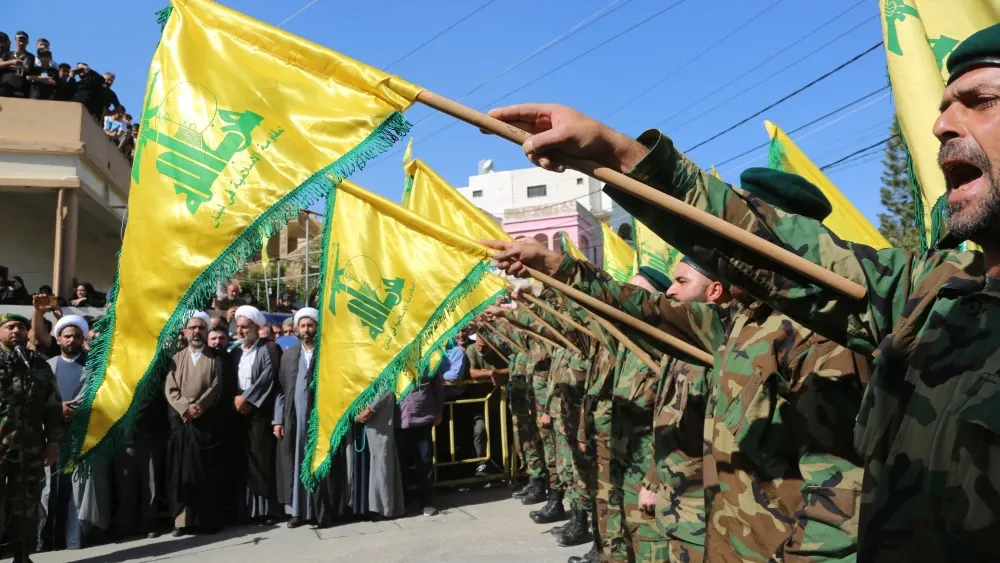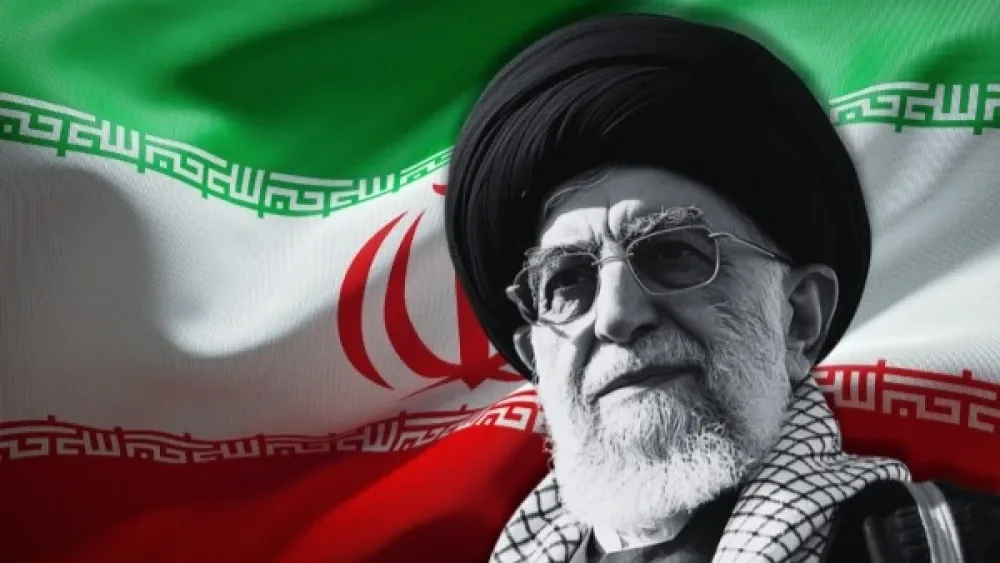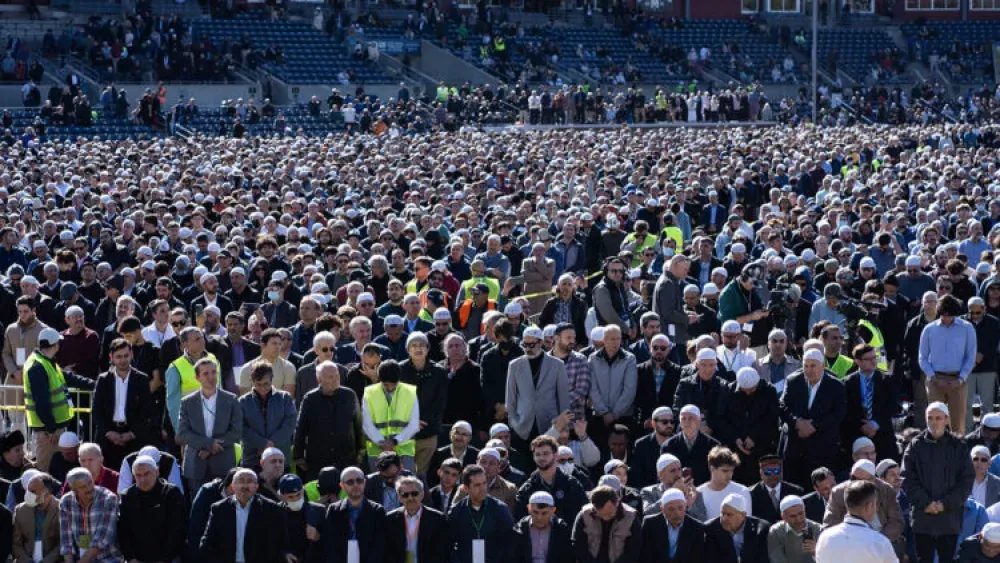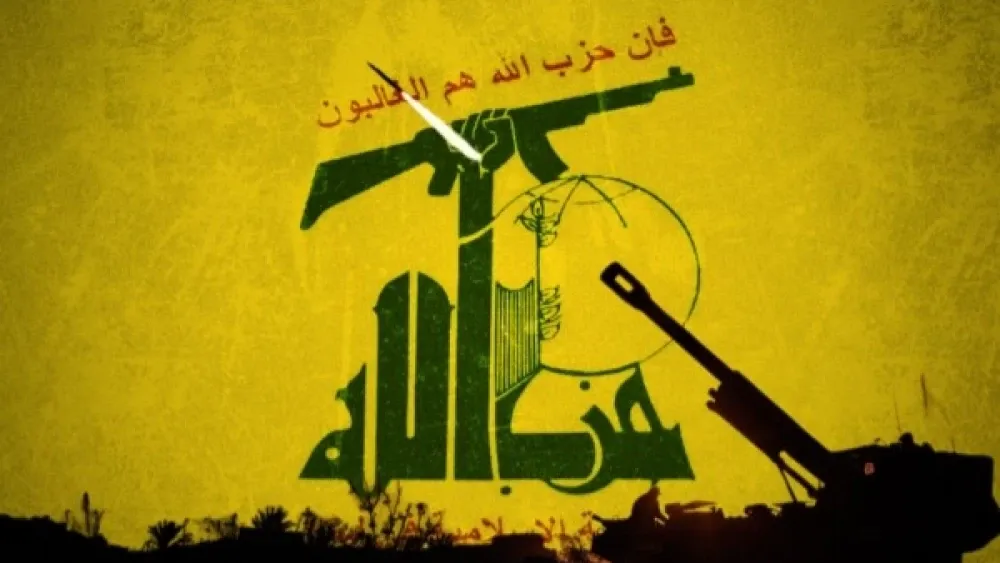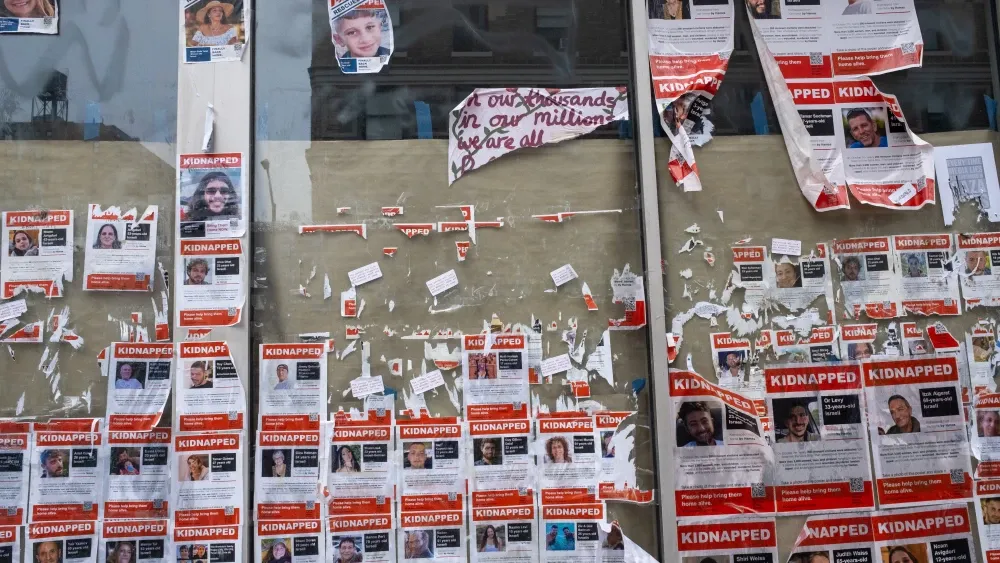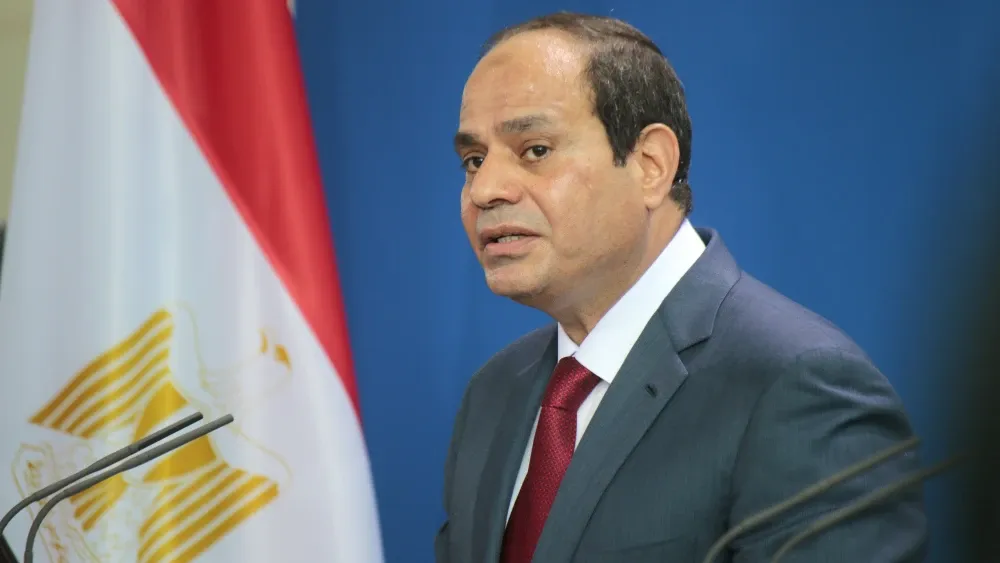| ||
 | ||
| Turkish Surveillance, Ceasefire with Hezbollah, and Energy Innovations in the Mediterranean By Ahnaf Kalam ● Nov 26, 2024 Smart Brevity® count: 4.5 mins...1253 words As this edition of the MEF Dispatch goes out, Israel has approved a cease-fire with Lebanon aimed at ending its ongoing conflict with Hezbollah. While it’s too early to know what will come of the agreement, one of our forward-thinking experts proffers a plan to end the conflict in an article written shortly before the announced agreement. Extending those observations, we also argue that Hezbollah can only be defeated entirely if its forces abroad—which stretch from Africa to South America to Europe—also taste defeat. Other Middle Eastern topics treated include an assessment of the “fake news” fed by the Iranian government to media outlets and a plea to call out Egypt for its double-dealing with U.S. in ways that harm our own national security and that of our allies. In the West, we report that Turkish President Erdoğan’s regime is spying on its critics on U.S. soil, both to punish them here and to threaten their families back in Turkey. We offer an in-depth analysis of the rise of antisemitism in North America that scapegoats Jews as evil oppressors who must be stopped, and also delve into more informed analysis of developments at home and abroad. | ||
ICYMI: "Energy in the Eastern Mediterranean: The New Frontier" with Thanos DavelisThe discovery of natural gas off the shores of Israel and Cyprus has transformed the eastern Mediterranean into a critical energy hub. It has also seen unprecedented cooperation (the 3+1 framework of Greece, Cyprus, Israel, and the United States, and the Eastern Mediterranean Gas Forum in particular), which has magnified the region’s role. Projects, including the Great Sea Interconnector, the IMEC corridor, and the Amalthea Initiative, make the region a nexus of innovation and collaboration. How did this transformation unfold? What does it foretell? What might impede its potential? Thanos Davelis is director of public affairs at the Hellenic American Leadership Council and the host of “The Greek Current,” a daily podcast focusing on Greece, Cyprus, and the broader Eastern Mediterranean. He holds a B.A. from Loyola University in Chicago. To watch the full podcast episode, click here. | ||
Fintech Company Posts Islamist Radicals on London Buses to Promote Sharia FinanceWahed Finance's latest advertisement featuring Mufti Ibrahim Menk and Khabib Nurmagomedov has stirred controversy on London public transport. Why it matters: The campaign promotes sharia-compliant finance using figures with problematic links to Islamist extremists, sparking debate over advertising ethics and community impact. Promoting Sharia Finance: The ads depict burning currency as a show of opposition against Western banking, urging viewers to join a "money revolution" against interest (Riba). Public Backlash: Critics, including London officials, question the impact on social cohesion of such ads in a city known for its diversity and strict policies against divisive messages. To read the full article, click here. | ||
Defeating Hezbollah Inside Lebanon Is Only Half the BattleIsrael's efforts against Hezbollah in Lebanon are making headway, but the group's global influence remains a challenge. Why it matters: While Israel targets Hezbollah's leadership inside of Lebanon, the group's international network continues to pose a significant threat. This has wider implications for global security, especially in regions like Africa and South America where Hezbollah's operations are expanding. Global Network Influence: Hezbollah's presence is not confined to Lebanon. The Lebanese diaspora, particularly in countries like Brazil and Argentina, plays a crucial role in supporting Hezbollah's activities worldwide. U.S. and European Response Needed: There is a pressing need for coordinated international efforts from the West to dismantle Hezbollah's networks outside Lebanon, particularly in Africa and Latin America, to ensure regional and global security. To read the full article, click here. | ||
Does Iranian Intelligence Purposely Feed Fake News About Khamenei’s Ill-Health?Iranian intelligence is allegedly spreading false news about Supreme Leader Ali Khamenei's health to mitigate potential uprisings. Why it matters: By normalizing reports of Khamenei's death, Iran aims to desensitize public reaction and buy time to prepare for suppressing anti-regime protests. Disinformation Strategy: Iran reportedly feeds fake news through local journalists and officials, later refuting these reports to create skepticism and confusion. Potential Impact: Khamenei's actual death could catalyze protests, challenging his successor, Mojtaba, to maintain regime control amidst possible unrest. To read the full article, click here. | ||
Turkish Intelligence Agency MIT Conducts Covert Surveillance at U.S. Funeral to Identify Erdoğan CriticsThe Turkish intelligence agency MIT is reportedly conducting covert surveillance in the U.S. to identify critics of President Erdoğan. Why it matters: Turkish clandestine operations on U.S. soil highlight the lengths to which Erdoğan's government will go to silence dissent and monitor opposition figures. International Operations: Communiqués reveal MIT's extensive surveillance during Fethullah Gülen’s funeral in New Jersey, aiming to profile attendees, including American citizens. Consequences for Identified Individuals: Those identified face risks such as false terrorism designations, criminal investigations, and harassment of family members in Turkey. To read the full article, click here. | ||
A Plan to End the Israel-Hezbollah WarAhead of today's announced ceasefire agreement between Israel and Lebanon, an analysis of what such an agreement might include and accomplish lays the groundwork for ending the ongoing conflict. Why it matters: This ceasefire plan aims to stabilize the region by enforcing UNSC Resolution 1701, which limits Hezbollah's activities in southern Lebanon south of the Litani River. A successful agreement could spell an end to the hostilities and allow the tens of thousands of displaced Israelis in the north to return to their homes. Ceasefire Details: The plan would involve a 60-day period where Hezbollah and IDF would ceasefire, with 10,000 Lebanese troops monitoring borders. A joint mechanism with U.S., UN, and regional guarantors would handle violations. Challenges Ahead: Lebanese negotiators view the "side letter" allowing Israeli enforcement as a violation of sovereignty, making diplomatic negotiations complex and uncertain. To read the full article, click here. | ||
What Ignited Antisemitism in North America?Antisemitism in North America has taken on new forms, fueled by ideological shifts and social justice narratives. Why it matters: This resurgence of antisemitism highlights a troubling trend where Jews are targeted as scapegoats within modern "social justice" frameworks. Historical Roots: From medieval scapegoating to modern accusations, antisemitism has evolved but remains a persistent threat, casting Jews as universal villains. Current Dynamics: The fusion of “woke” neo-Marxist theories and social justice movements has led to increased hostility towards Jews, seen as "hyper-white" oppressors supporting a "colonial" Israel. To read the full article, click here. | ||
Washington Should Hold Egypt Accountable for Its Hamas Double-GameWashington is urged to reconsider military aid to Egypt due to its duplicitous actions regarding Hamas. Why it matters: Egypt, traditionally viewed as a stabilizing ally, has been found complicit in aiding Hamas, contradicting U.S. security interests in the Middle East. Double Standards Exposed: Despite positioning as a security hawk, President Sisi's regime profits from Hamas smuggling operations and undermines U.S. ceasefire efforts. U.S. Response Needed: The incoming administration is advised to suspend military aid to pressure Egypt into aligning with American security objectives without destabilizing the region. To read the full article, click here. | ||
Further Reading:
| ||
| Today’s stories demonstrate the volatile forces shaping global affairs, from energy innovation in the Eastern Mediterranean to the complex interplay of security, ideology, and diplomacy across the Middle East. As tensions rise and alliances shift, understanding these developments is crucial to navigating the consequences of these forces. In the next issue of MEF Dispatch, we’ll offer more expert analysis and in-depth reporting on the issues defining the region and the world. Sincerely, | ||
| Was this edition useful? Your responses are anonymous | ||
| Powered by | ||
| ||


